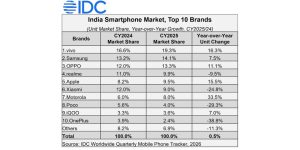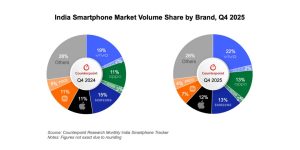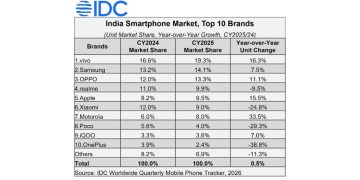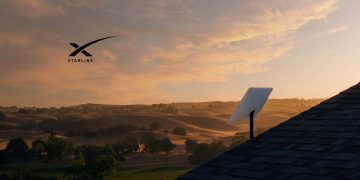The White House has confirmed that Toyota Motor Corp is now “fully committed” to electrification following a recent meeting between senior company officials and White House senior adviser John Podesta. Podesta stated that Toyota, which he had previously described as a “laggard” in producing electric vehicles, will now be sticking with plug-in hybrids for a while, but is under “new leadership” and fully committed to electrification.
Toyota’s Electric Vehicle Plans
Last month, Toyota announced plans to introduce 10 new battery-powered models and to target sales of 1.5 million EVs a year by 2026. Currently, Toyota has only three battery models on the market, including its Lexus luxury brand, and sold less than 25,000 of them worldwide last year. Despite criticism from investors and environmental groups that Toyota has been slow to embrace battery-powered cars compared to Tesla and other competitors, the Japanese automaker remains optimistic about the future of electrification.
Toyota’s Increased Investment in a North Carolina Battery Plant
In August 2021, Toyota announced that it would increase its planned investment in a North Carolina battery plant from USD 1.29 billion to USD 3.8 billion. This move is part of the automaker’s effort to keep pace with the demand for electric vehicles and underscores its commitment to electrification.
The Biden Administration’s Push for EVs
The White House has been pushing for the widespread adoption of electric vehicles as part of its effort to combat climate change. Last month, the U.S. Environmental Protection Agency proposed sweeping emissions cuts for new cars and trucks through 2032, with the goal of having 67% of new vehicle sales by then being electric.
In January, White House infrastructure adviser Mitch Landrieu and Podesta met with Tesla CEO Elon Musk. Landrieu stated that the administration had “constructive conversations” with Musk on EVs and that Tesla was a “key player” in the push for electrification.
Biden has committed to building a U.S. network of 500,000 EV charging stations by 2030 using USD 7.5 billion in infrastructure funds. The administration has declined to set a firm date to phase out gasoline-only vehicles, as California has done. Podesta stated that he does not think this is necessary at this point.
The Bottom Line
Toyota’s commitment to electrification, coupled with the White House’s push for the widespread adoption of electric vehicles, is good news for the environment and the future of transportation. As more automakers invest in EVs and the infrastructure to support them, the shift away from gasoline-powered vehicles will continue to gain momentum.













































































































































































